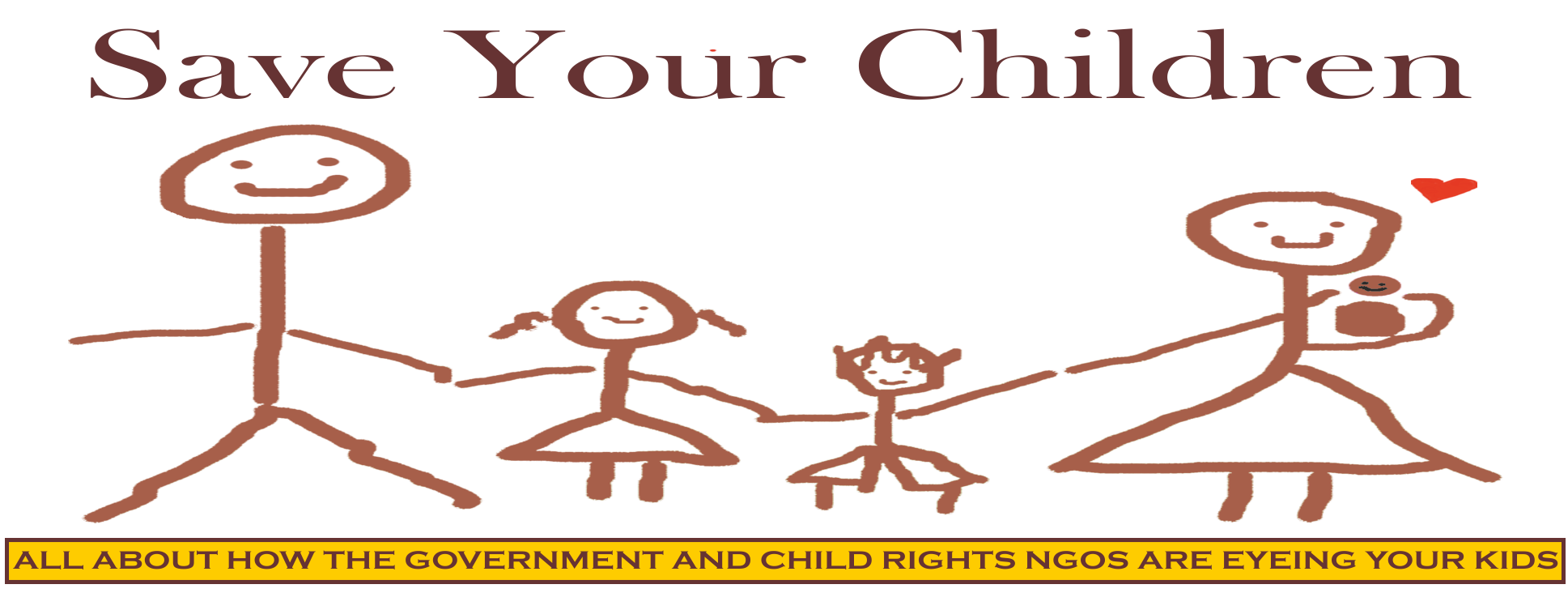Chopping and Changing to Suit its Ends
Suranya Aiyar, Hindustan Times
April 12, 2012
First Published: 21:41 IST(12/4/2012)
Last Updated: 21:43 IST(12/4/2012)
The blanket confidentiality under which the Norwegian Child Welfare Service (CWS) operates is exceptional in family law and extraordinary for a public authority in a democracy. Closed-door meetings and shielding the names of the parties are the norms of protecting privacy in family matters. But, unlike the case of CWS, orders, evidence, reasons and findings are publicly available. This is a key safeguard against misapplication or abuse of power.
In the age of WikiLeaks, the Norwegian tolerance for a powerful public authority like the CWS deflecting inquiry by pointing to a confidentiality rule is strange.
If the confidentiality claimed by the CWS was exceptional, so were its procedures. We now learn that there was no emergency on the day the Bhattacharya children were taken away. The boy was taken from school and the girl was taken from her mother by the care worker on the pretence of taking her out for a walk. Apart from the ethics of such deception, you have to ask what kind of misuse such wide powers of removal by the investigating care workers allows. The power to take children away without third party adjudication also makes the CWS investigator, prosecutor and judge in the first instance when separating children from their parents.
In this case, when the parents appealed, the CWS was ordered to return the children on the finding that there was no emergency. The CWS immediately got a stay pending further appeal. Again, this was extraordinary for interim orders. In any modern legal system, interim orders have to be justified on grounds of emergency and it had just been adjudicated that there was none.
The Norwegian case for its child welfare regime is that Norway intervenes as a society to protect children from dysfunctional parents. But silence on these routine questions, when looking at a big public authority, indicates that in family matters everyone in Norway has been glad to abdicate responsibility to the CWS and confidentiality provided a cover to all.
Facing protests on the back of the Bhattacharya case in Norway and Russia – for its targeting of Polish and Russian immigrants’ children – the CWS pounced on the recent dispute between the parents to take the deal with the family – that the children could return to India with their uncle – off the table. Why? Because, they said, the families were fighting and children would be caught in the middle. Also because they did not believe the family would honour the agreement for the uncle to have custody.
Was the CWS’s response to the dispute concern for the children or sleight of hand? The immediate cause of the dispute, the opposition to the clauses in the agreement which would bar the mother from re-claiming custody of the children, was no surprise to the CWS and the agreement was signed without these terms. The CWS’s insistence on insulating their custody terms in all events is hardly in the interest of the children – what if the uncle were to lose interest in the children in future?
It’s not just confidentiality tricks, but a con game, which led to a crisis of confidence among many in India who support the Bhattacharya family. The condemnation of the family for trying to keep their problems private is unfair. If your children are taken away on claims of bad parenting, the last thing you would want to do is air your troubles with your spouse.
Besides, placing children in permanent foster care is hardly a reasonable response to domestic discord. Why should Abhigyan and Aishwarya be deprived of a home in India or other precious relationships because their parents may be estranged?
Before we start flagellating ourselves for jumping the gun on cultural prejudice, let us ask why the CWS judged the Bhattacharyas so harshly. The drama unfolded in a society where the rate of marriage is low and many children grow up with the heartache and stress of either separated parents or an absent father. If all this can be accommodated in the Norwegian society and if their crown princess, whose history is no secret, can be given respect and the chance to heal, then why not the Bhattacharyas?
The Indian government and the Opposition have stayed firm on the demand that Indian children must be returned to India. With matters reaching the prime minister of Norway, the CWS seems to have been prevailed upon to recommend the release of the children to their uncle at a court hearing scheduled for April 17. For now, Norway seems to have realised that it is not a question of the Bhattacharya case alone. The CWS offence, to quote a famous Scandinavian with family trouble, is rank and it smells to heaven.
Suranya Aiyar is a lawyer who’s been involved in the fight for the return of the Bhattacharya children. The views expressed by the author are personal.
